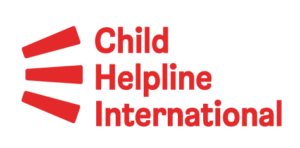One of the parameters used to assess the level of mental health and social well-being in any society is suicidal behavior.
In most cases, adolescents decide on suicidal intentions in order to draw the attention of parents, teachers, because they have unrequited feelings for the opposite sex or because of their social environment. This act can be a way to express their protest against the indifference, cynicism or cruelty of others, as well as lack of communication. This often happens during puberty, where the most important thing is how you look in the eyes of others.
Adolescents that are more sensitive perceive themselves as unnecessary, lose the point of living, withdraw from society, become alienated and fixate on the idea of suicide. In general, children think that what is happening to them is the worst thing possible, and that there is no other solution. Suicidal thoughts and intentions in children have a pathological character, when they fail to find another solution in a difficult life situation. This increases the risk of suicide attempts.
Rarely does the idea of suicide arise impulsively and unpredictably, and if someone is seriously considering this way of solving their problem, they signal their intentions among their community in different ways.
The team of the National Child Helpline 116 111 has developed a methodology approved by the Chairperson of the State Agency for Child Protection for immediate response to such cases, as well as all possible cases that pose a risk to children.
In 2021, the National Child Helpline 116 111 received 25 reports of suicidal intentions and thoughts – 10 boys and 15 girls.
In 2020, the National Child Helpline 116 111 received 28 reports of suicidal ideation. Most of them are for girls. There are reports of a group of children, with more than one risk identified such as self-harm and intentional medication.
The main message we receive from the interaction with children and young people, as well as those who take care of children, is that it is necessary to devote more time and professional resources to protect their mental health.
Anyone who is concerned about a child or witnesses a child at risk can call 116 111 in Europe. The call is completely free, whether from a landline or a mobile phone and is available to people at any time, 24 hours a day – without a day off on the territory of the whole country.
The consultants who answer the calls are psychologists and pedagogues. They are specialists with extensive experience in working with children and families. They are ready to listen and support the caller, and what is shared on the helpline remains confidential.

